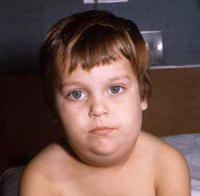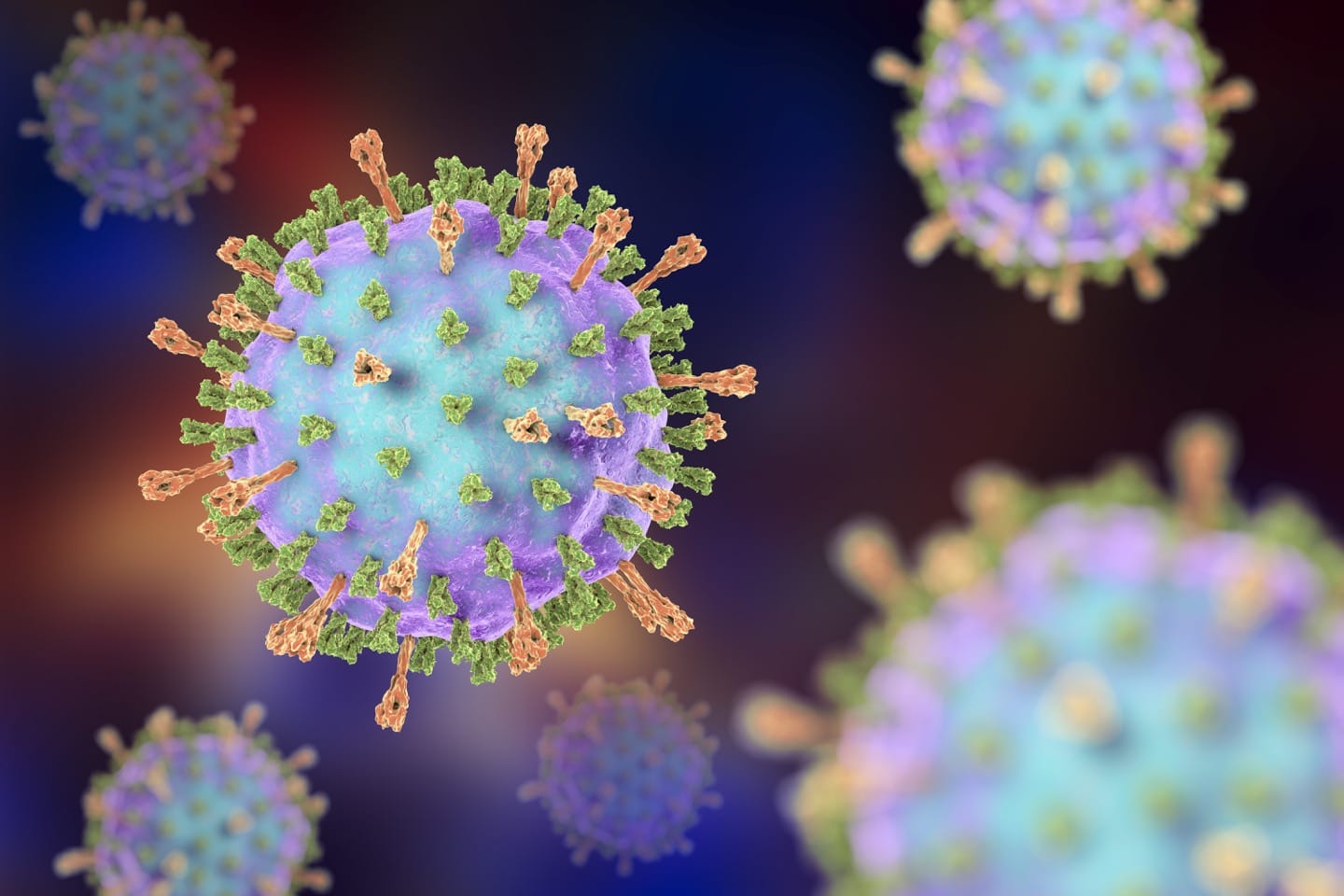Australians in their late 20s are most at-risk from mumps and should consider further vaccination, according to an article in this week’s issue of the Medical Journal of Australia.

The number of cases of mumps has risen dramatically over the last few years and adults account for more than three quarter of them. People in their twenties make up 40% of the total.
Mumps is a highly contagious viral infection. It usually begins with a fever, headache, aches and pains and loss of appetite, followed by a swelling of the salivary gland (parotid gland) in front of and just below the ear, on one or both sides of the face.
Although usually benign, mumps can be serious. It can cause deafness, encephalitis (brain inflammation) and miscarriage. Up to 1 in 5 adult men get a painful infection of the testicle which can (rarely) cause infertility.
The vaccine is combined with measles and rubella (german measles) and is provided free. Two doses are needed for full protection. The vaccine is well tolerated, but can cause some discomfort at the injection site, swollen glands and a rash.
Who should be vaccinated?
Immunisation is recommended for adults born during or since 1966 who have not had two doses of vaccine. Young adults in 25-30 year age group are most at-risk of not being protected.
A good time to be vaccinated is before overseas travel because of the risk of catching the disease abroad.
People who have had mumps infection have good immunity against further attacks and do not need further vaccination.
If you are not sure, it is safe to have the vaccine if you have already had two shots or have had the illness.
Ask your doctor if you need a second dose.
Further information
- Medical Journal of Australia article
- Information about mumps from Better Health Channel
Disclaimer:
- Please note this information was correct at time of publication.
- For up to date information, speak to your doctor.


